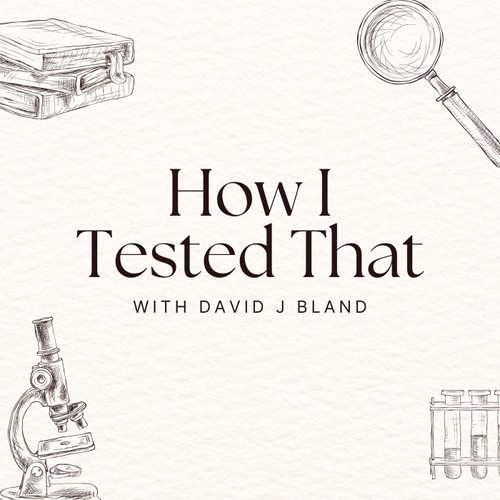
 How I Tested That
How I Tested That Marc Wandler | How I Tested Upcycled Barley Flour
Aug 21, 2024
Marc Wandler, co-founder of Susgrainable and a pioneer in transforming beer waste into sustainable flour, shares his innovative journey. He discusses launching an upcycled barley flour product stemming from a student project, the challenges of sourcing during the COVID-19 pandemic, and the crucial role of consumer feedback in shaping his business. Marc dives into A/B testing methods, partnerships, and his vision for sustainability, all while navigating the unpredictable landscape of food entrepreneurship.
Chapters
Transcript
Episode notes
1 2 3 4 5 6
Intro
00:00 • 3min
From Waste to Wonder: The Barley Flour Journey
03:12 • 13min
Navigating Challenges in Sourcing and Selling
16:06 • 11min
Innovative A-B Testing in the Food Industry
26:58 • 5min
Navigating Uncertainty: A Startup's Journey
32:24 • 7min
Adapting to Change: A Journey Through Data and Innovation
39:41 • 3min
